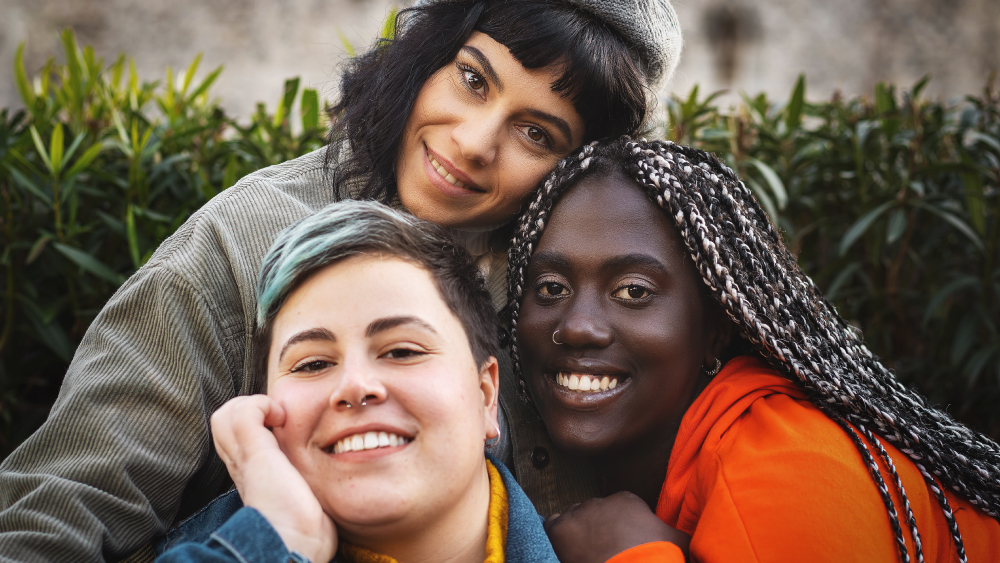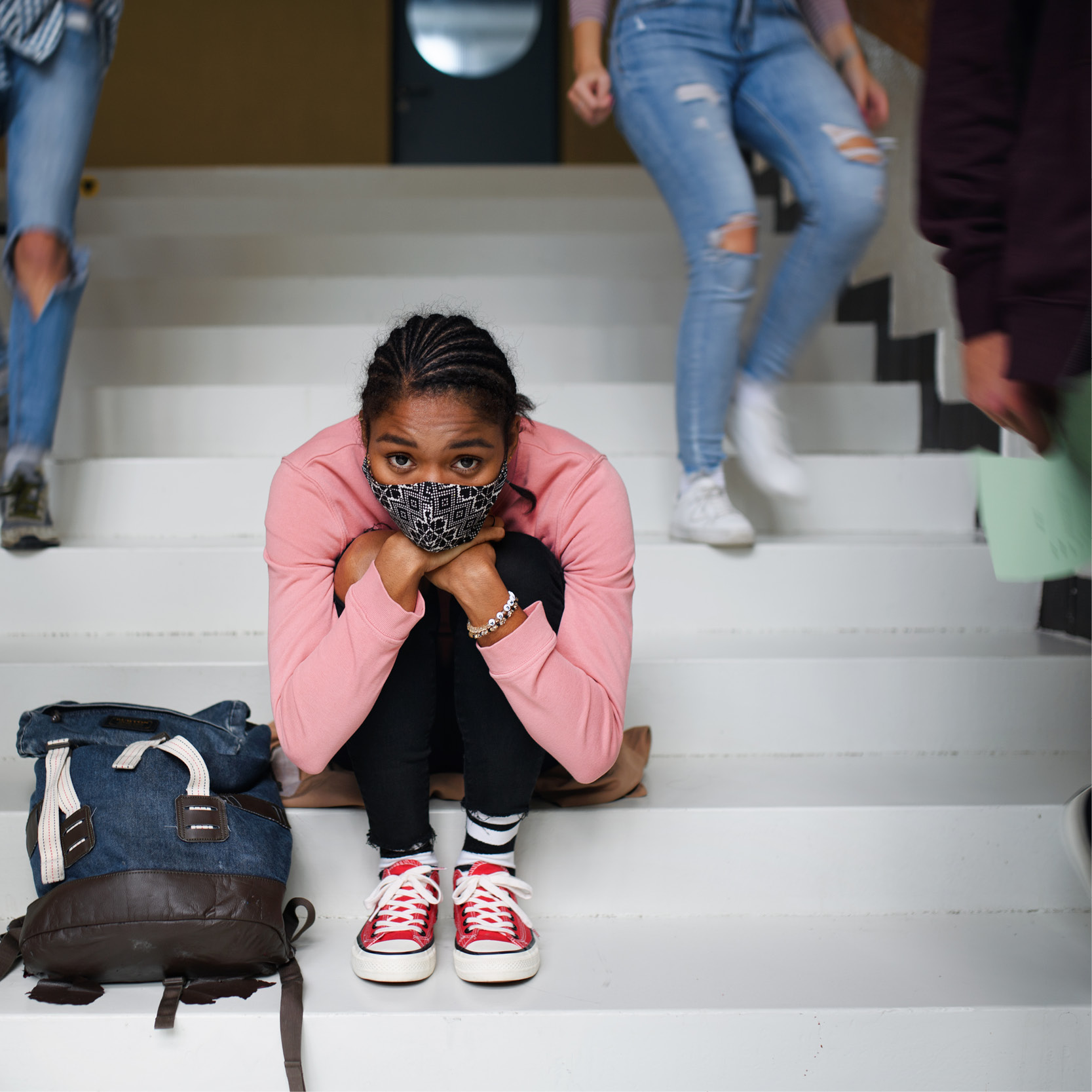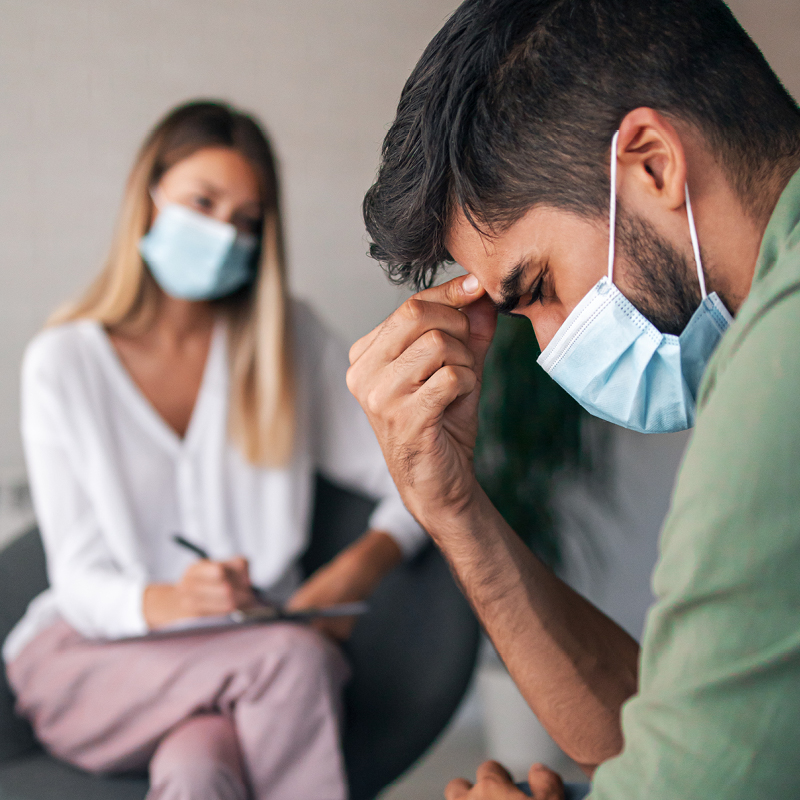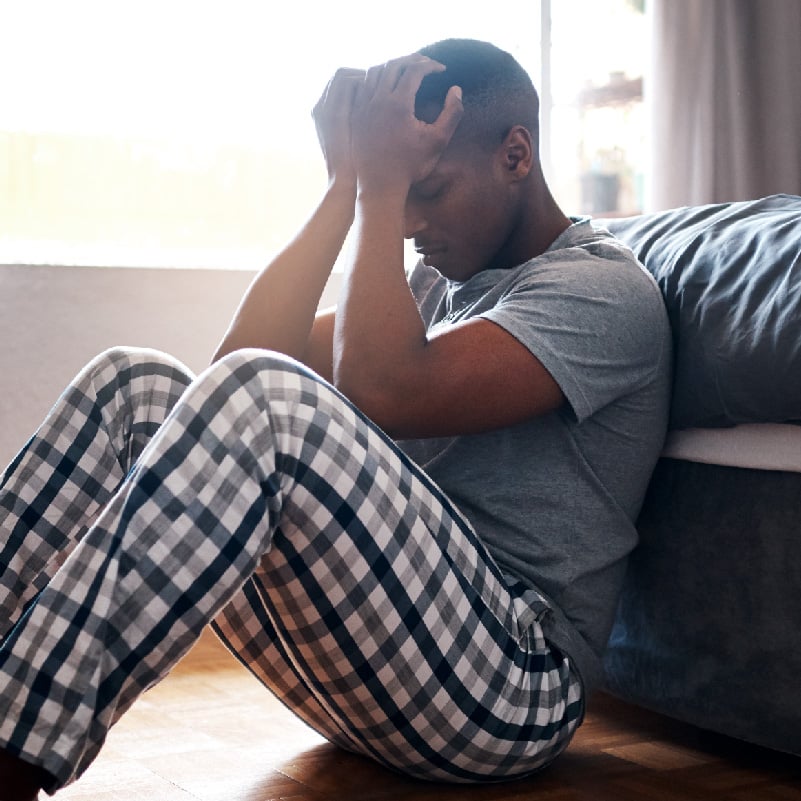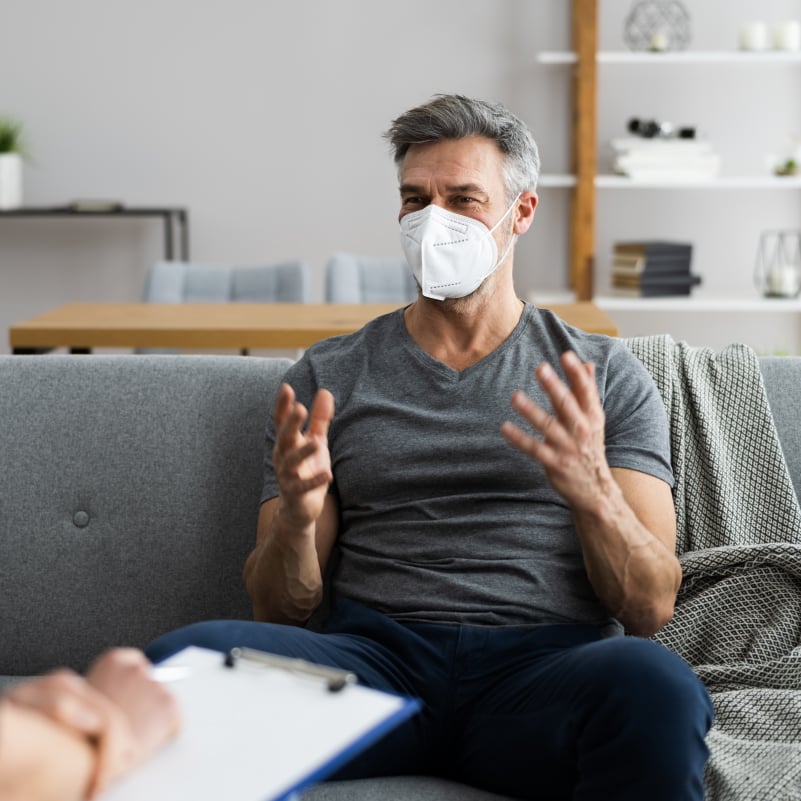Some people are more likely to be living with a mental health disorder than others. Research shows LGBTQ individuals are more than twice as likely to live with a mental health disorder compared to heterosexual men and women.
Given the increased risk, protecting and strengthening mental health of LGBTQ people is integral to their health and wellbeing.
Beth Cenci, LMHC, is a lead therapist at Rochester Mental Health Center, and Alex Willmes, MA, GMHC, is a Personalized Recovery Oriented Services (PROS) clinician with Rochester Regional Health. Both providers highlight some of the ways Rochester Regional Health is providing affirming mental health care for people when they need it most.
Facing higher risks
With the increased risk of having a mental health disorder, LGBTQ individuals are also more likely to experience a substance use disorder or attempt suicide compared to heterosexual men and women.
The reasons behind these increased risks are complex and numerous. Some of the reasons stem from the impact of societal stigma. Living with the fear of being discriminated against and actually experiencing discrimination, seeing recently-passed legislation denying access to gender-affirming medical care, undergoing trauma, experiencing homelessness, and other reasons can all combine to reduce a person’s self-esteem and bring them to a state of hopelessness.
These feelings often lead to depression and increased anxiety, as well as other mental health conditions.
“We already live in a world where mental health is stigmatized. When a person is part of a community that not only faces the stigma of mental health but also stigma related to race, sex, and gender, you’re confronted with double the prevalence of stigma compared to heterosexual people,” Willmes said.
How we provide affirming care
As LGBTQ people seek treatment, Rochester Regional Health works to provide every patient with high-quality health care that affirms them.
Our chemical dependency program specifically tailored to LGBTQ patients has a LGBTQ-Affirming Care Endorsement from the Office of Addiction Services and Supports (OASAS). Clinicians provide person-centered care for each individual with a variety of LGBTQ-specific services to help patients along their road to recovery, including individual recovery sessions, LGBTQ-specific group sessions, family services & counseling (biological or chosen), couples counseling, and peer recovery services.
Our endocrinology providers offer hormonal therapy and will refer patients to appropriate services as needed.
Patients in need of HIV/PEP/PrEP medication and services can visit clinics at several locations across Rochester Regional Health, including Batavia, Brockport, Newark, St. Mary’s, and the Unity Professional Office Building (POB).
Ensuring each patient’s pronouns and correct names are documented in medical records and used by behavioral health staff, and all Rochester Regional Health team members, is a priority. Our behavioral health providers work closely with existing patients and their other healthcare providers to submit the necessary recommendations for individuals seeking gender-affirming surgery.
In order to provide the best affirming care possible, our behavioral health staff work collaboratively to expand upon issues faced by the LGBTQ community and share tools that can be used to help.
“It shouldn’t be the job of the LGBTQ community to teach the world how to treat them,” Cenci said. “This is why it is good to have staff and therapists educating themselves and one another on how to better support patients and provide them with affirming care.”
The PROS program runs a mental wellness group that follows this affirming CBT model, allowing patients to step into a space where they can talk about certain topics that they might not feel comfortable talking about elsewhere, know their pronouns will be respected, and – most importantly to their mental and physical health – feel validated and secure in their identity.
“We want our patients to bring their full selves into a session and know that they will be validated, heard, and respected in a safe space,” Willmes said. “They shouldn’t have to compartmentalize.”
Finding support
Encouraging social connection is a big step toward feeling more secure in their mental and emotional health. In addition to LGBTQ support networks offered through Rochester Regional Health, ROC LGBTQ Together and Trillium Health have support and social groups where people can come together and find common ground while doing social activities.
Some clinics and mental health locations feature bulletin boards with LGBTQ resources for people to attend out in the community.
Patients in the LGBTQ community can often feel isolated because they feel alone in their experience or – in some cases – are separating from their families. Being a source of stability and affirmation in a person’s life can go a long way.
“Research shows if children who are LGBTQ have even one affirming adult in their life, their risk for self-harm drops significantly,” Cenci said. “Being affirmed by adults can significantly reduce the negative impact of their mental health.”

